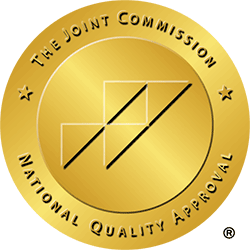
Addiction, encompassing both substance use disorders (SUDs) related to drugs and alcohol, is recognized as a disability under federal laws such as the Americans with Disabilities Act (ADA) and the Rehabilitation Act. These laws prohibit discrimination against individuals with disabilities, including those with addiction disorders, in various settings, including employment and public services.
Federal Recognition of Addiction as a Disability
The ADA defines a disability as a physical or mental impairment that substantially limits one or more major life activities. Addiction, particularly when it significantly impairs daily functioning, falls under this definition. However, the ADA distinguishes between current illegal drug use and individuals who are in recovery. While individuals actively engaged in illegal drug use are not protected, those who have successfully completed a rehabilitation program or are participating in one and are no longer using drugs illegally are covered. Alcohol addiction is treated differently; individuals with alcoholism are protected under the ADA, regardless of current alcohol use, provided they can perform essential job functions.
ADATA.ORG
Social Security Disability Benefits and Substance Use Disorders
The Social Security Administration (SSA) provides disability benefits to individuals with impairments that prevent substantial gainful activity. However, if substance use is a contributing factor material to the determination of disability, meaning the individual would not be considered disabled if they stopped using drugs or alcohol, they may be ineligible for benefits. Conversely, if the individual has a separate disabling condition independent of their substance use, they may qualify for benefits.
SSA.GOV
Application in South Carolina
South Carolina adheres to federal guidelines regarding the classification of addiction as a disability. State agencies and employers are required to comply with the ADA and the Rehabilitation Act, ensuring that individuals with recognized disabilities, including those related to addiction, are not discriminated against. This includes providing reasonable accommodations in the workplace and ensuring access to public services.
Implications for Individuals with Addiction in South Carolina
For residents of South Carolina, this recognition means that individuals in recovery from addiction have legal protections against discrimination. Employers must provide reasonable accommodations, such as time off for treatment or adjustments to work schedules, unless doing so would cause undue hardship. Additionally, individuals with addiction disorders may be eligible for certain benefits and services designed to support those with disabilities.

Get Help at BriteLife Recovery
Addiction is recognized as a disability under federal law, and these protections extend to individuals in South Carolina. Understanding these rights is crucial for individuals seeking recovery, as it ensures access to necessary accommodations and protections against discrimination. If you or someone you know is navigating addiction and its legal implications, consulting with legal professionals or advocacy groups specializing in disability rights can provide valuable guidance.



